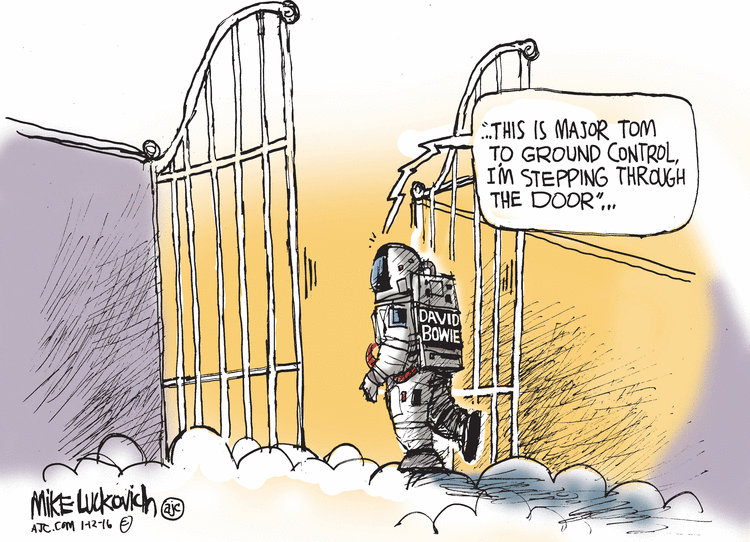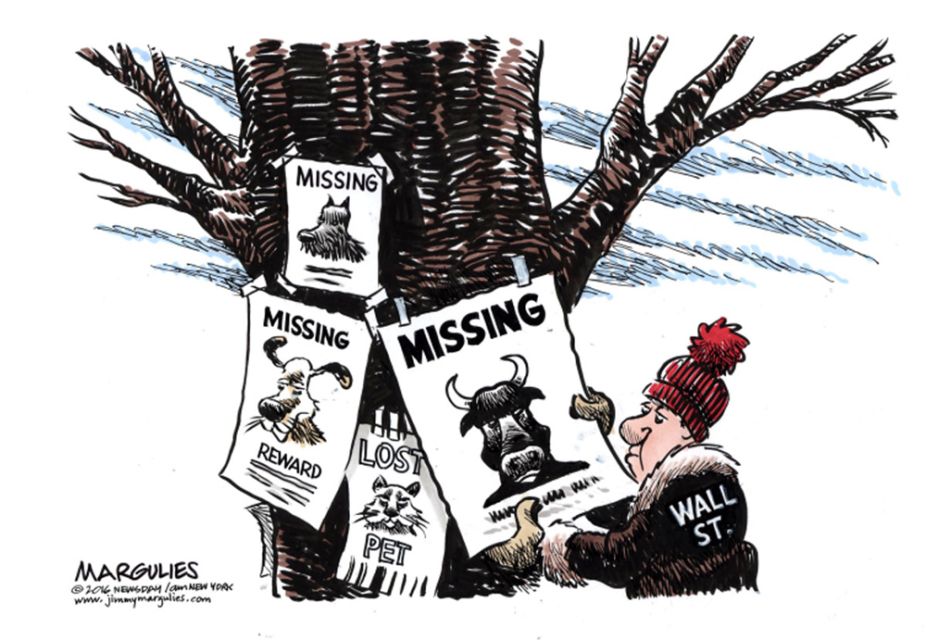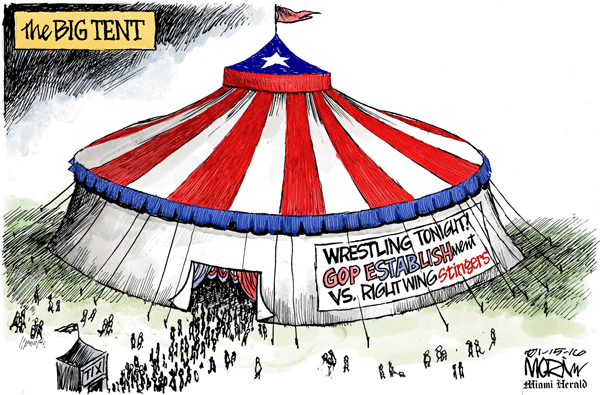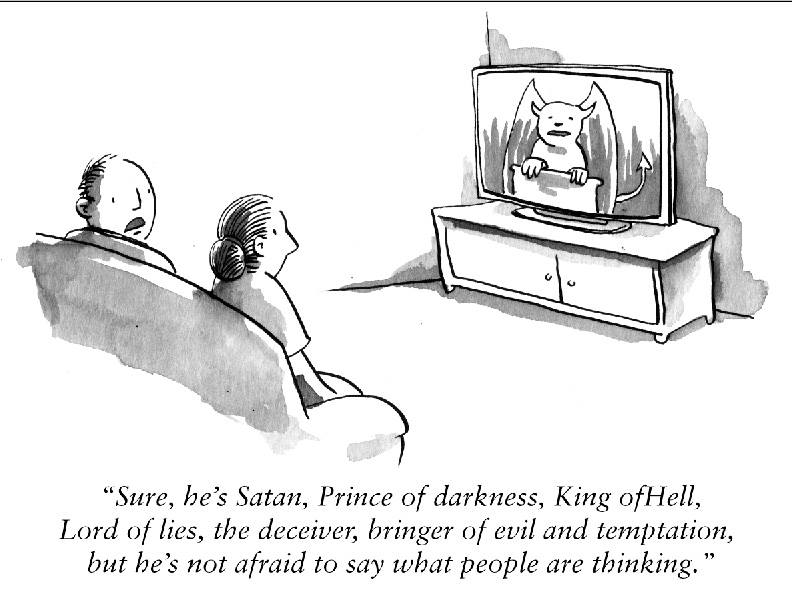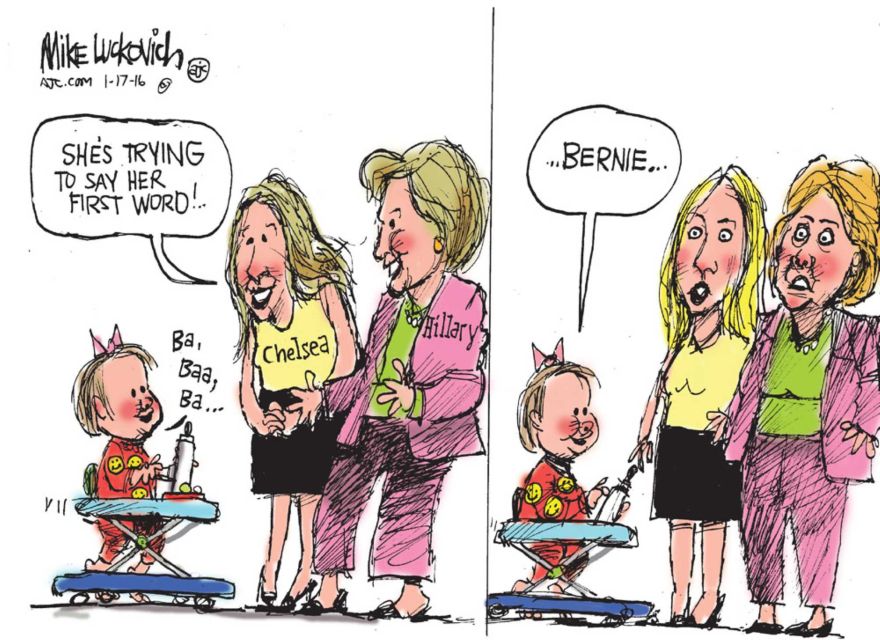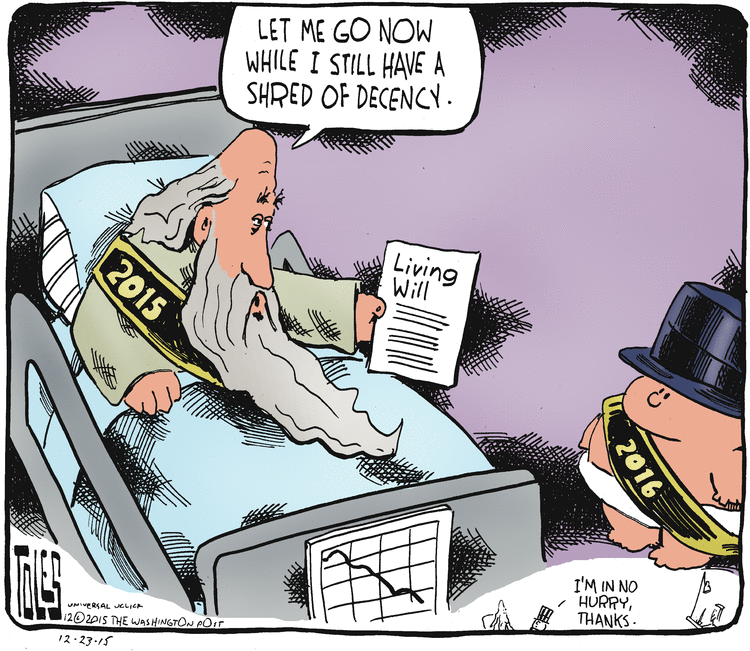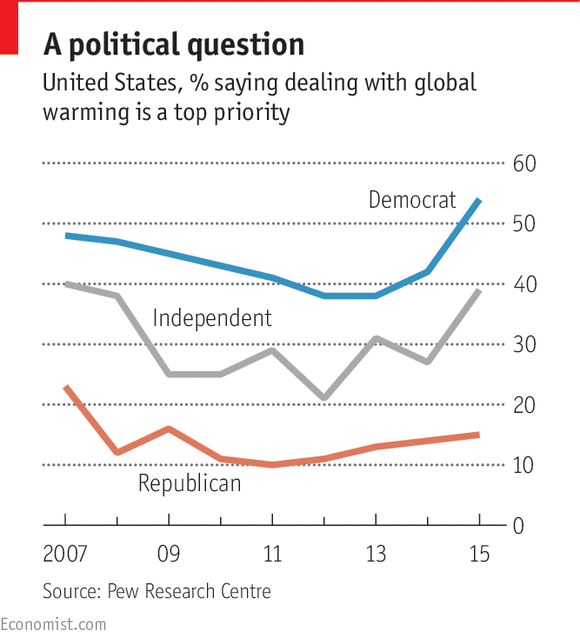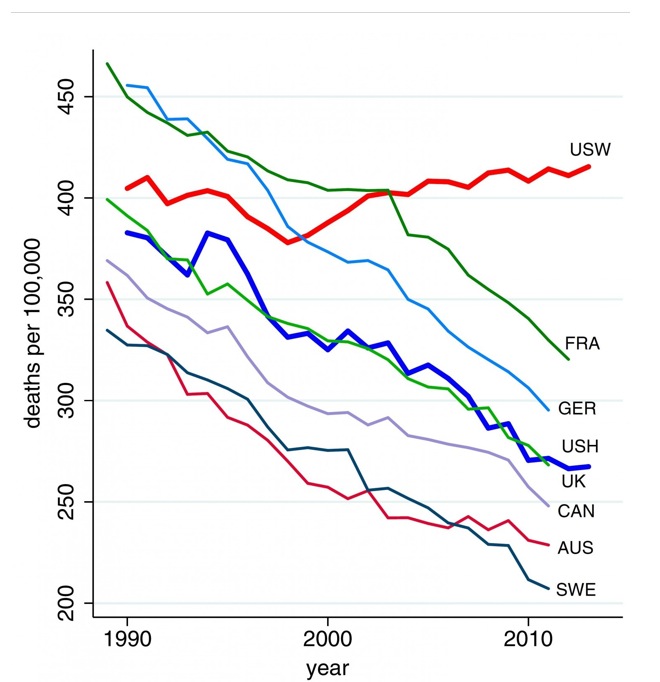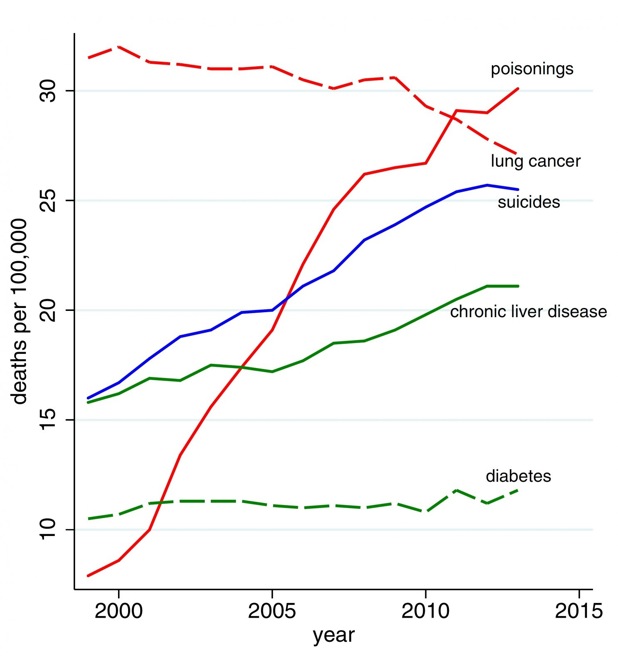Yesterday, we examined the fact that the poorest Americans are the least likely to vote, so they cede the policy agenda to those who do support the weakening of America’s social safety net, and who use low voter turnout as a key election strategy.
Do the Democrats have a strategy to counter the election strategy of the GOP? If they do it isn’t evident.
Dems think that they have a permanent Electoral College presidential majority, and that changing American demographics will help them build majorities in both houses of Congress by the mid-2040’s. They are apparently willing to wait for demographics to become destiny: The numbers of white working-class voters will dip to just 30% of all voters by 2020 and 44% of white voters.
This is a dramatic decline from 1988, when white working-class voters were 54% of all voters and 64% of white voters.
But, in the last three presidential elections, the Democratic candidate lost among white working-class (non-college) voters by an average of 22 points, and by 26 points in 2012 (62%-36%). Despite Mr. Obama winning two terms, his “Obama coalition” will not insure a Democratic majority in Congress, or even provide with certainty the election of a Democratic president again in 2016.
In fact, PPP, a Democrat-leaning polling firm with a great record for accuracy, says this about 2016:
Early general election contests are shaping up to be very competitive with Hillary Clinton polling within 2 points of 5 out of 6 Republicans that we tested against her. The only GOP hopeful to actually lead Clinton is Marco Rubio at 45/43. Rubio is also the only candidate in the field with a positive favorability rating among the overall electorate, at 39/37.
Pew found that those who are most unlikely to vote are demographically distinct from likely voters:
• 34% of nonvoters are younger than 30 years old
• 43% of nonvoters are Hispanic, African American, or other racial and ethnic minorities
• 46% of nonvoters have family incomes less than $30,000 per year, while only 19% of likely voters are from low-income families
• 72% of likely voters have completed at least some college, while 54% of non-voters did not attend college
On the subject of the white working class voter, The Democratic Strategist produced an analysis about the subject, “Roundtable on Progressives and the White Working Class”, which asked the question: “What do you think is the most important single step progressives and Democrats can take to regain support among white working class Americans?”
One thing stood out in their deliberations: It was clear from surveys that white working-class voters support public action to address chronic joblessness, income disparities, and unequal education and social opportunities. They cited the study on the 50th anniversary of the War on Poverty conducted by the Center for American Progress, which found that more than two-thirds of white non-college voters supported 11 out of 11 policies to fight poverty, including:
• An increase in the minimum wage
• Subsidized child care
• Expanded Earned Income Tax Credit
• A national jobs program to combat unemployment
Support among this cohort topped 80% for universal pre-k, expanded Pell grants for low-income families, and affordable child care, and was basically on par with the views of African Americans and Latinos.
That indicates that there is a path for Democrats to gain a larger share of white working class voters, but The Democratic establishment does not have a serious plan that shows white non-college voters that they see the real problems facing Americans the same way.
Here is a modest program to improve Democrats’ chances with white working class voters:
1. The old guard Democratic leaders must go: Why would any Democratic candidate want to brand themselves with a party leadership that tells them to run content-free campaigns?
2. They should look at the political landscape: People are discontented, in part, because incomes haven’t risen in 15 years. What have Democrats done in response? Virtually nothing.
3. Democratic politicians need to listen to constituents. Democrats will never appeal to the majority of working Americans by primarily making more promises to enact new civil rights rules, or environmental laws. They have to deal with incomes.
The economic struggles of the white working class, combined with a feeling of powerlessness, have undoubtedly made them susceptible to right-wing rhetoric, a major coup for Republicans. The key to Democrats winning over this demographic is more about calls for straightforward job creation, wage increases, and benefits for working-aged families, and less about ploys that superficially connect to them.
We should remember that “low income white” is not a synonym for “Republican.”



